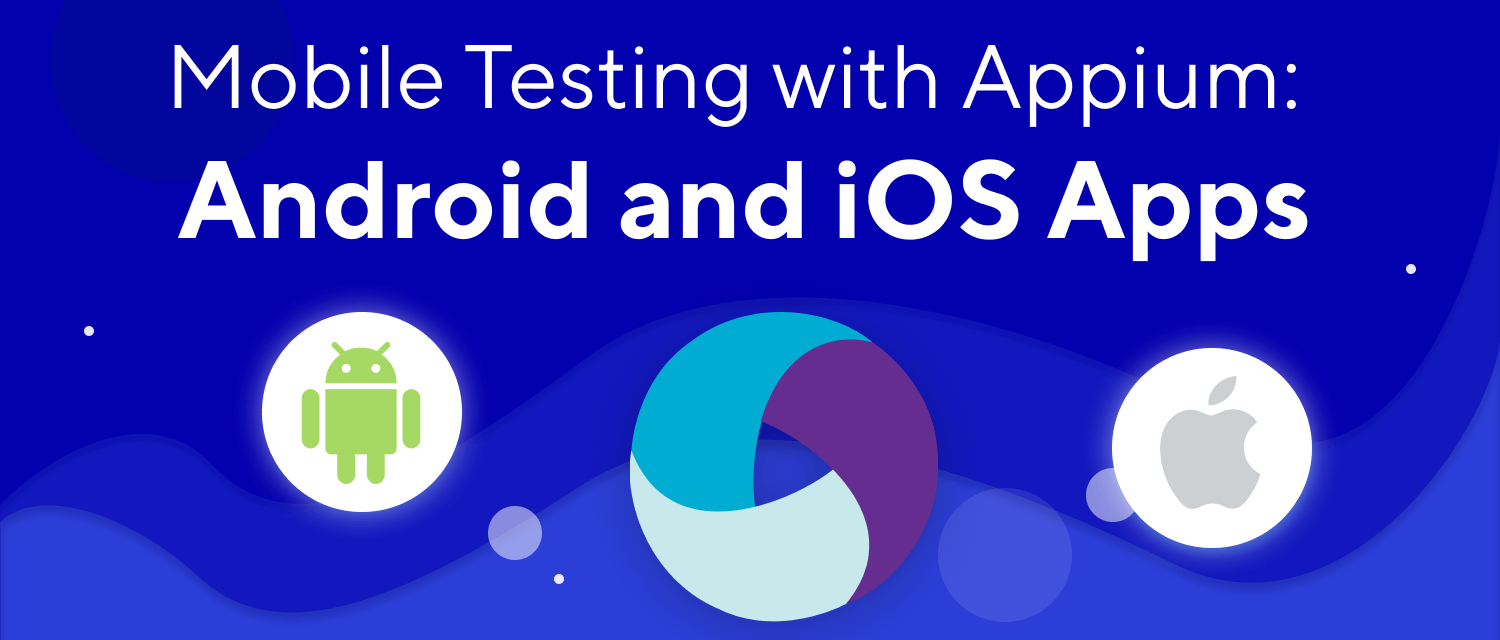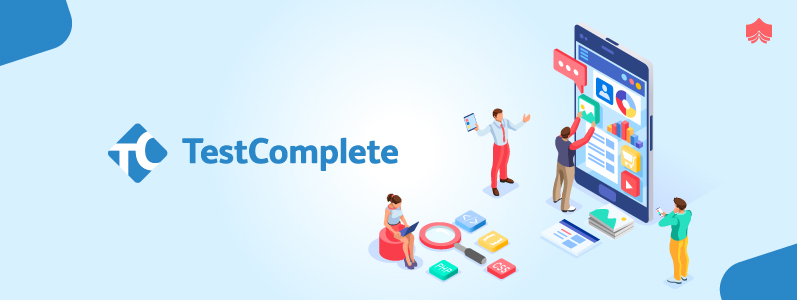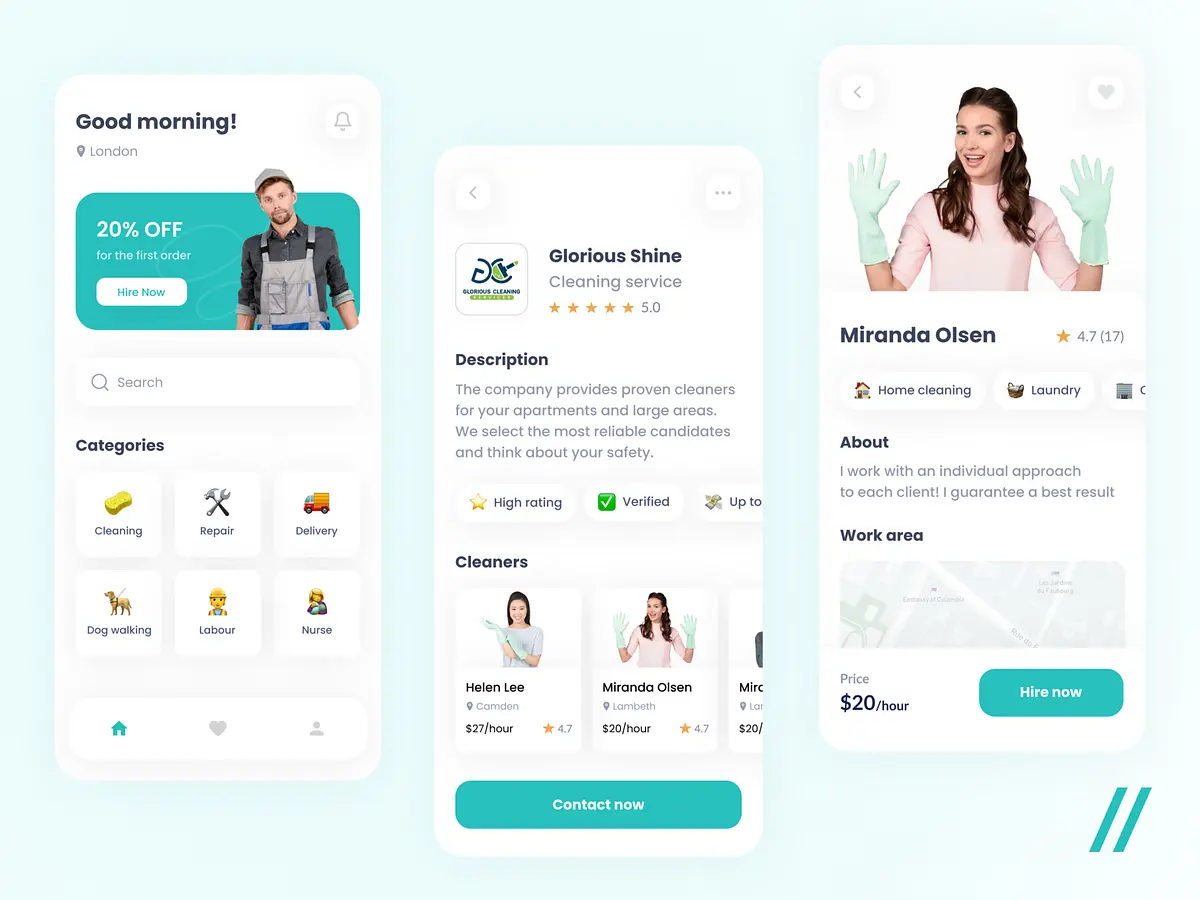Best Automation Test Android App in 2024: Latest Updates


Automation test Android app is a game-changer for developers. This method employs software to automatically execute test cases, offering speed, accuracy, comprehensive coverage, and reusability. Discover the process, benefits, and recommended tools to streamline your mobile app development journey.
Automation test Android app uses software to execute test cases automatically. One way to accomplish this task is to create automated test scripts using different tools and frameworks. Automated testing checks application features like performance, security, functionality, and accessibility.
Importance of automation testing for Android apps
Automation testing for Android apps typically involves the following steps:
| Characteristic | Manual testing | Automation testing |
| Cost | Despite lower upfront costs, ongoing costs increase with app complexity. | There are higher upfront costs but lower ongoing costs due to the reuse of automated test scripts. |
| Speed | Manually executing each test case makes the process slower. | Faster automated test scripts can execute multiple test cases simultaneously. |
| Accuracy | Manual execution of test cases increases the risk of human error. | Automated testing reduces human error. |
| Coverage | It can be challenging to test all possible scenarios manually. | Automated testing tests all possible scenarios efficiently. |
| Reusability | Update test cases for each app change to maintain accuracy. | You can reuse automated test scripts for every change in the app. |
More tools recommendations from TECHVIFY:
Due to its adaptability, simplicity, and support for numerous programming languages, Appium is an excellent option for Android automated testing projects. Appium is a complete solution for Android projects because it can test native, hybrid, and web applications. It also has a sizable and active user base that offers resources and support.

Appium
Pros
Cons
For projects needing an Android automation test app, Espresso is an excellent option because it is quick, dependable, and simple to use. Espresso is a reliable and tested solution that was created and is backed by Google. Additionally, Espresso has a sizable and vibrant user base that provides information and support. Besides, it’s a simple and user-friendly interface.

Espresso
Pros
Cons
Prices: Free
Selendroid’s stability, usability, and support for various programming languages make it the right option for testing projects. Selendroid is an adaptable and scalable solution based on the Selenium WebDriver technology. Additionally, it supports numerous programming languages, including Java, Python, JavaScript, and Ruby, and provides an intuitive and user-friendly interface.

Selendroid
Pros
Cons
Prices: Free
Calabash is one of the best Android automation apps for testing because it’s easy to use and supports many testing features, including user interaction testing, app flow testing, and functional testing. It supports multiple programming languages, including Ruby, Python, and Java.

Calabash
Pros
Cons
Prices: Free
Because it is comprehensive and straightforward, TestComplete is an excellent automation test Android app. User interaction, app flow, functional testing, and security testing are just a few testing features supported by TestComplete.

TestComplete
Pros
Cons
Prices
The Android automation testing tool choice depends on your project’s specific requirements and preferences. Consider tools like Appium for flexibility, Espresso for speed, Selendroid for stability, Calabash for ease of use, or TestComplete for comprehensive testing features. Evaluate which one aligns best with your project goals.
To test your mobile app automation, you can follow these steps:
Appium. Leveraging the reputation of Selenium, Appium stands out as a widely recognized and preferred framework for mobile test automation. Utilizing the WebDriver protocol, Appium enables users to conduct tests on native, hybrid, and mobile web applications.
A fundamental limitation when automating Android testing with Appium is its inability to support Android versions before 4.2. This con restricts developers from conducting tests on many devices, reducing test coverage.


Table of ContentsI. Automation Test on Android1. What is an Automation Test App on Android?2. Explanation of automation testing process for Android apps3. Comparison of manual testing vs. automation testing on Android appsII. Best Android Automation Testing Tools1. Appium2. Espresso3. Selendroid4. Calabash5. TestCompleteKey TakeawayFAQsHow do I test my mobile app automation?Which tool is mainly used for mobile test automation?What is the disadvantage of Appium? Technological advancements are paving new paths for companies across different sectors, and the logistics industry is no exception. According to a survey by Gartner, 87% of supply chain professionals plan to invest in enhancing the resilience…
26 July, 2024

Table of ContentsI. Automation Test on Android1. What is an Automation Test App on Android?2. Explanation of automation testing process for Android apps3. Comparison of manual testing vs. automation testing on Android appsII. Best Android Automation Testing Tools1. Appium2. Espresso3. Selendroid4. Calabash5. TestCompleteKey TakeawayFAQsHow do I test my mobile app automation?Which tool is mainly used for mobile test automation?What is the disadvantage of Appium? The technology sector is advancing at an unprecedented pace, and the HR landscape is evolving right alongside it. To attract top talent, HR professionals and organizations need to stay ahead of emerging technology hiring trends. This…
25 July, 2024

Table of ContentsI. Automation Test on Android1. What is an Automation Test App on Android?2. Explanation of automation testing process for Android apps3. Comparison of manual testing vs. automation testing on Android appsII. Best Android Automation Testing Tools1. Appium2. Espresso3. Selendroid4. Calabash5. TestCompleteKey TakeawayFAQsHow do I test my mobile app automation?Which tool is mainly used for mobile test automation?What is the disadvantage of Appium? Customized software plays a major role in managing various tasks within the telecom industry. It is essential for allocating numbers to subscribers and managing networks through optimized and AI-enabled routing protocols. Additionally, it aids in detecting…
24 July, 2024


Thank you for your interest in TECHVIFY Software.
Speed-up your projects with high skilled software engineers and developers.
By clicking the Submit button, I confirm that I have read and agree to our Privacy Policy